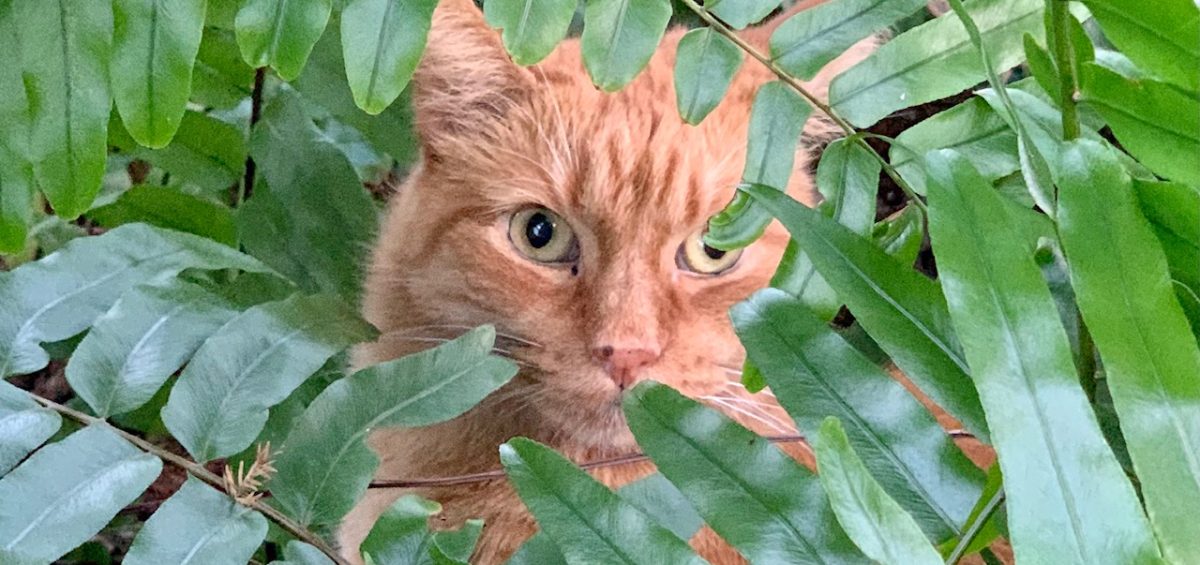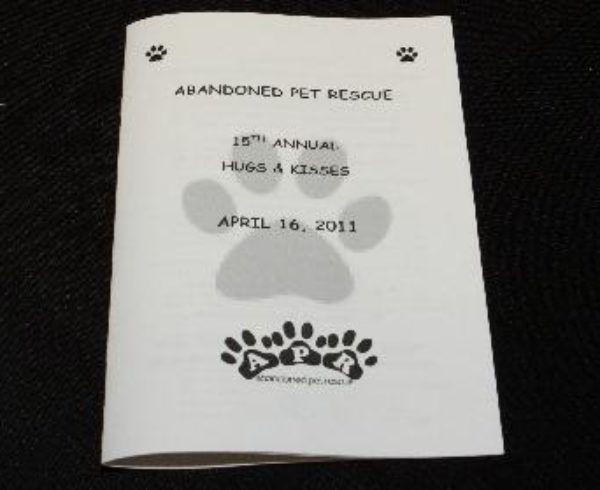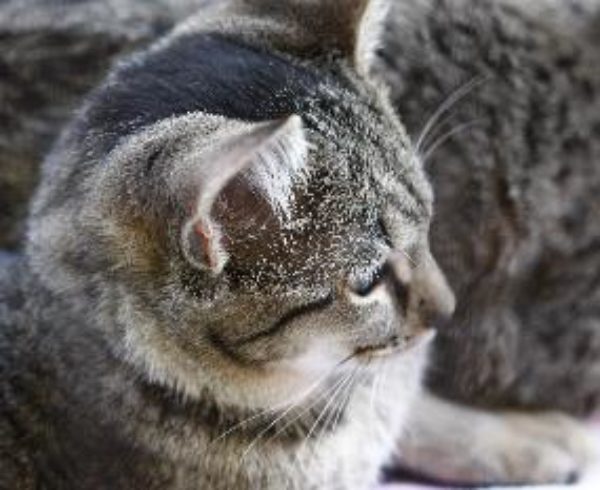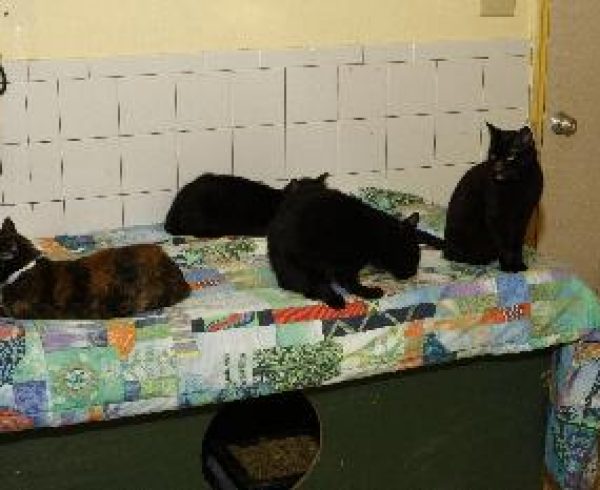It is a common trope that people do not own cats…cats own people. It is meant as a joke, but there just might be a kernel of truth there!
You may have heard that pregnant women and people who are immunocompromised should stay away from cat litter. The reason for this is a parasite called Toxoplasma gondii. This microscopically small organism can only reproduce sexually in cats. When that happens, the eggs of T. gondii get pooped out. If another mammal (including humans) comes in contact with, breathes in or eats (gross!) that poop, the parasite can move into that animal (called the intermediary host) causing a variety of problems from seizures to breathing to vision.
But from the parasite’s perspective, being inside a human or any animal other than a cat is a dead end. How can it get back into a cat? Suppose a rat eats the infected cat poop. The infected rat now harbors the parasite. If a cat now eats the rat, the cycle is completed…the parasite wins! But rats are naturally programmed to avoid cats…usually.
In 2010, researchers reported that rats infected with T. gondii demonstrated significantly less anxiety in the presence of “cat smells” than their uninfected counterparts. According to the researcher’s “behavioral manipulation hypothesis,” the parasite residing in the rat’s brain was increasing the likelihood that it would get back inside a cat by making the rat less fearful of cats. A-MAZING!!!
So, here’s a thought: if this parasite is able to do this in rats, is it also doing it in humans? Is there a biological basis for being “a cat person?” THAT would require a whole lot more research, but if it IS true, count me among the deeply and thoroughly infected!
Gary Bremen is a 36-year veteran of the National Park Service and a volunteer at APR.


















